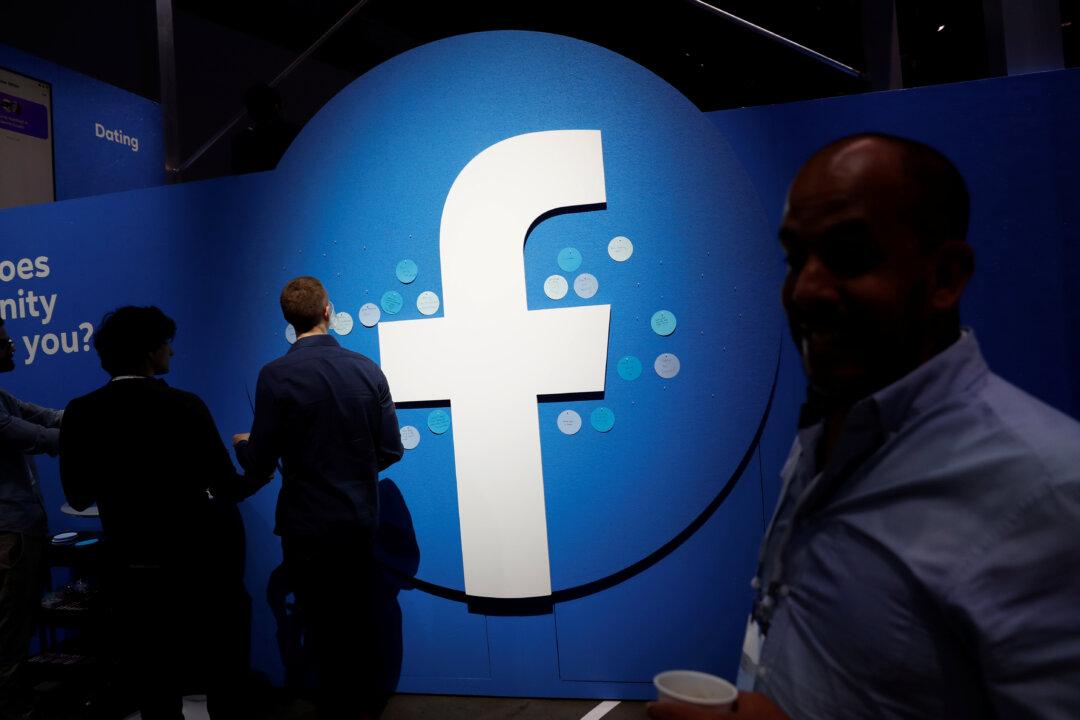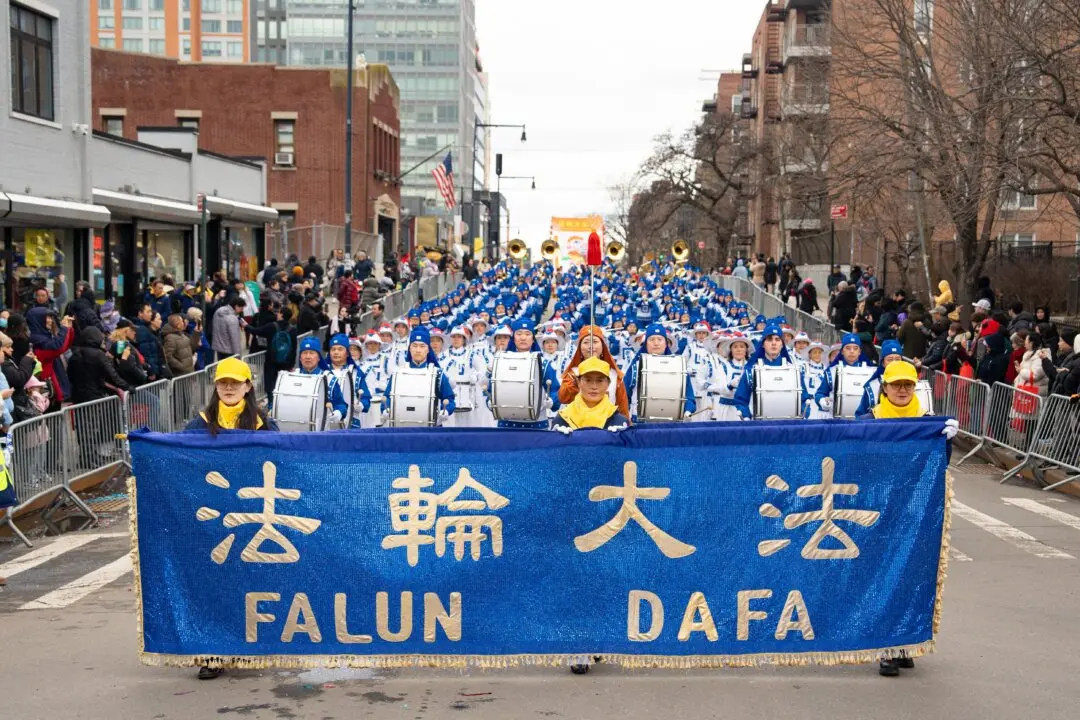While social media giant Facebook portrays its fact-checking feature as neutral and independent, the personnel, funding streams, and credentialing mechanism behind the participating organizations indicates otherwise.
Facebook launched the fact-checking feature shortly after Donald Trump won the presidential election in 2016. It says it has since partnered with more than 50 fact-checking organizations around the world. Only a handful of them, however, appear to be focused on American content.





